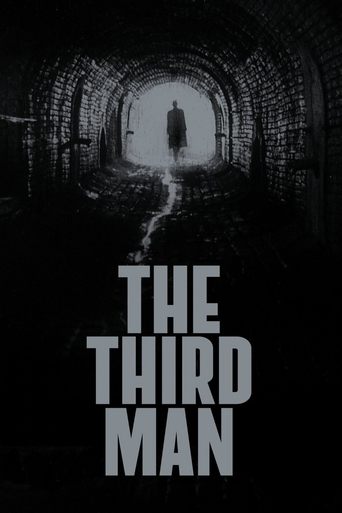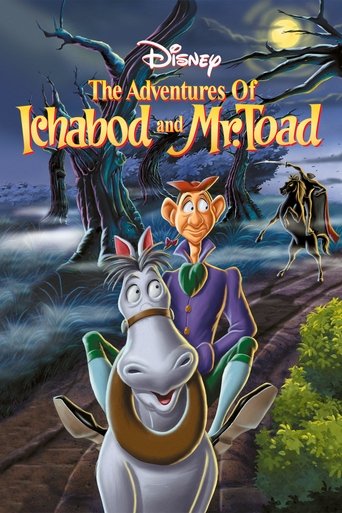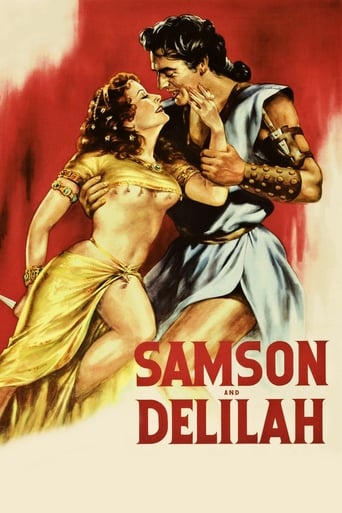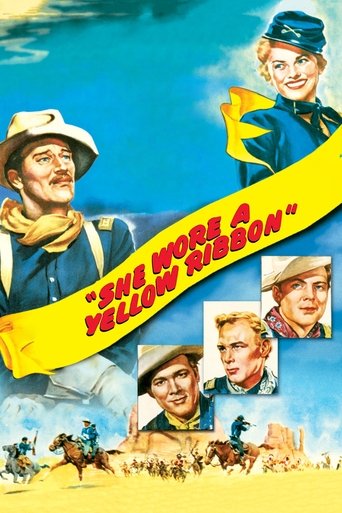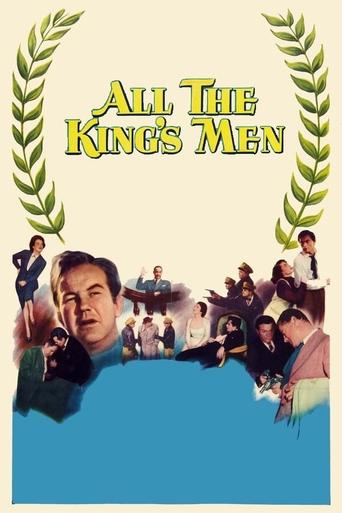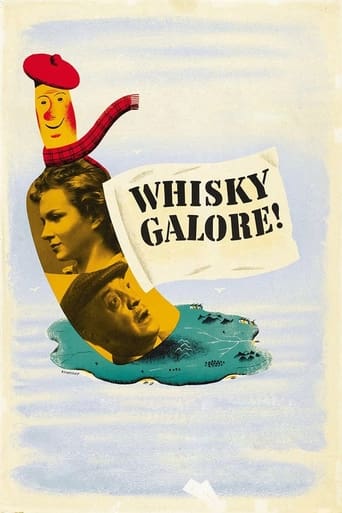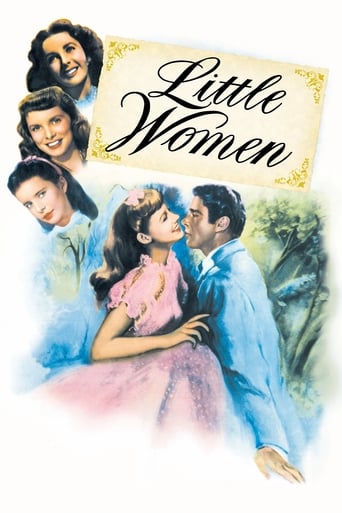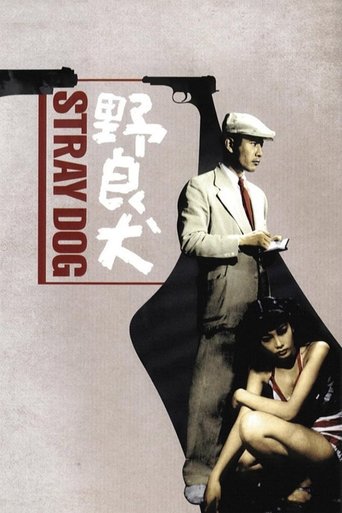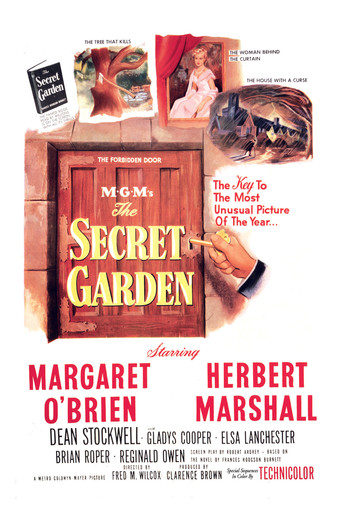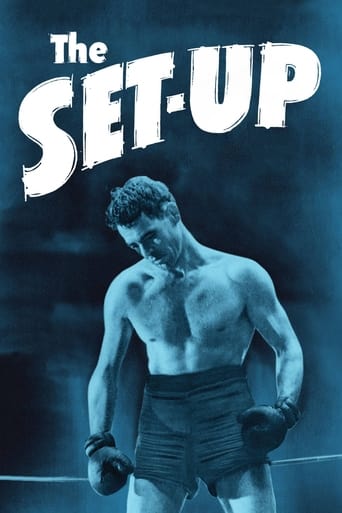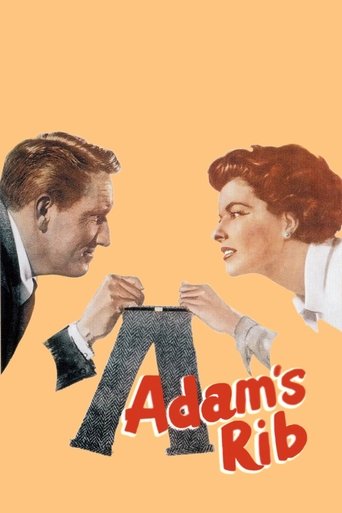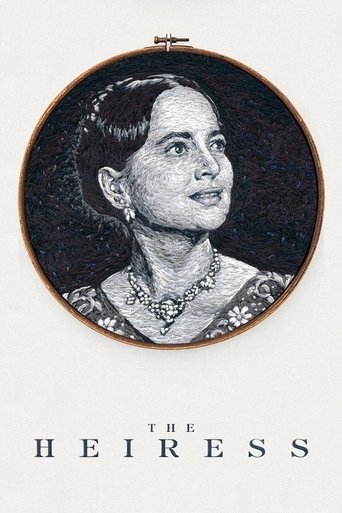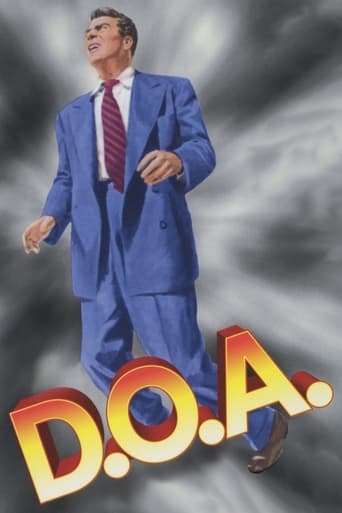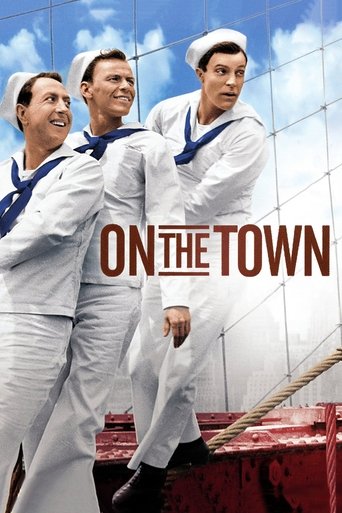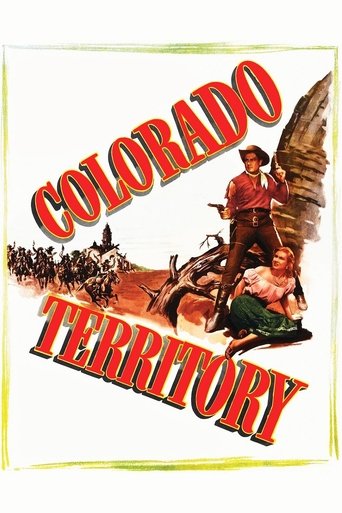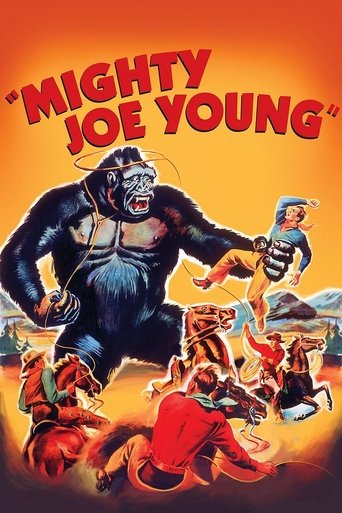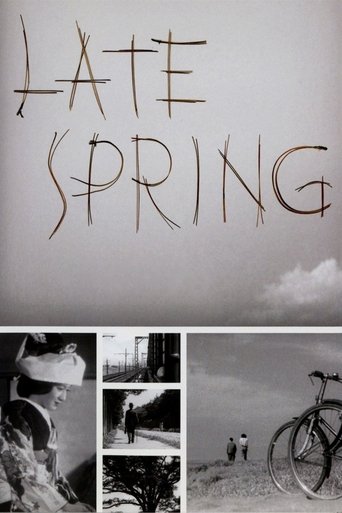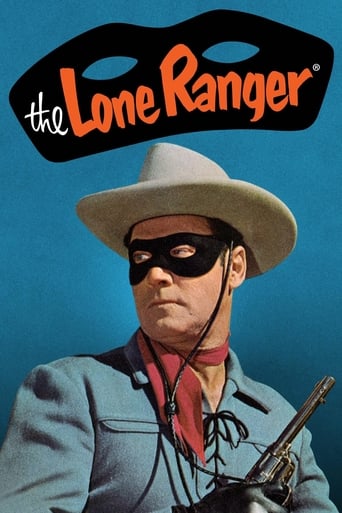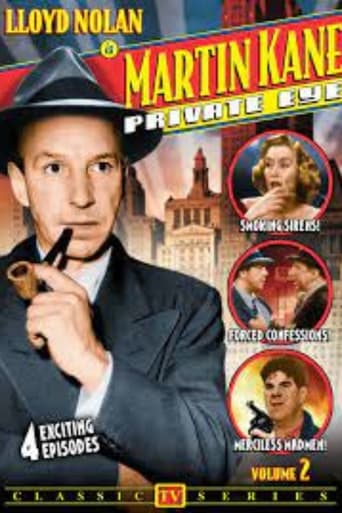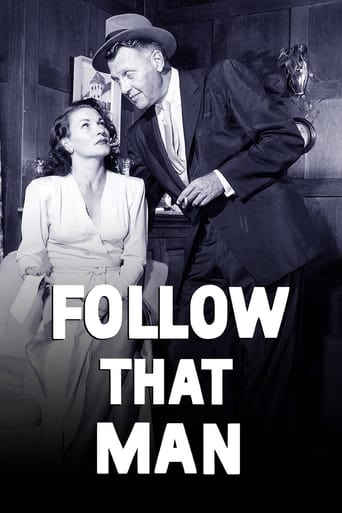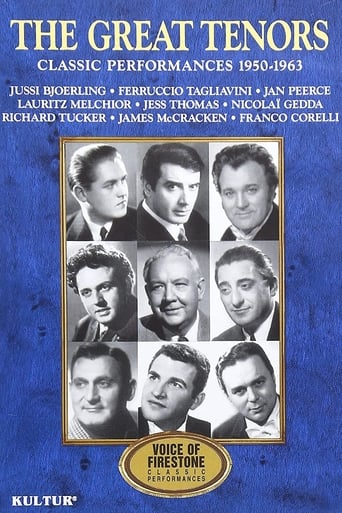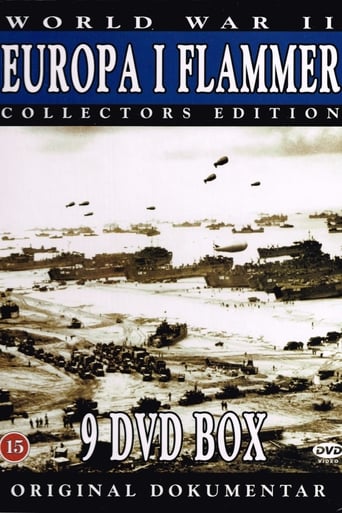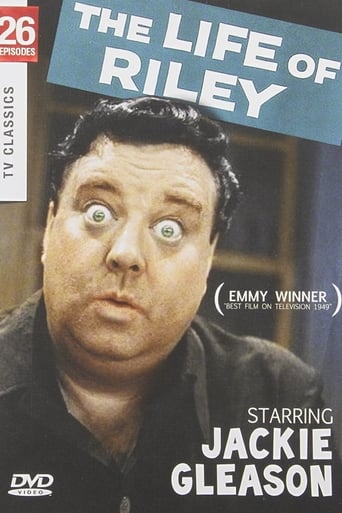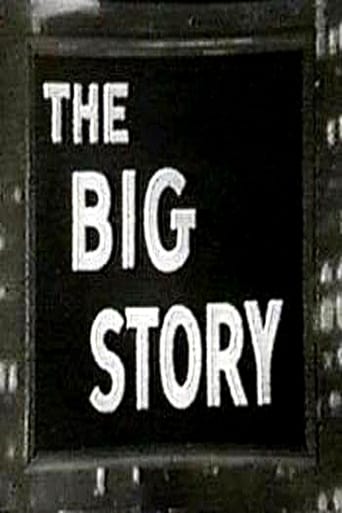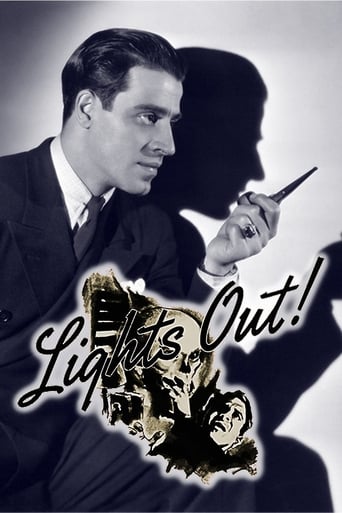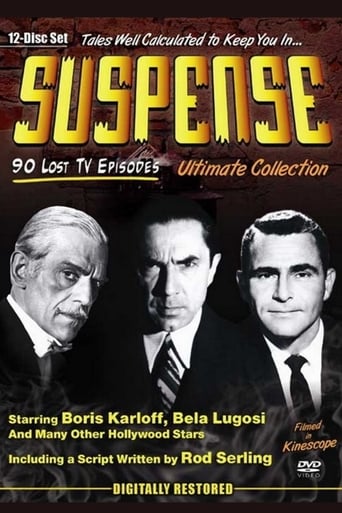Suspense is an American television anthology series that ran on CBS Television from 1949 to 1954. It was adapted from the radio program of the same name which ran from 1942 to 1962. Like many early television programs, the show was broadcast live from New York City. It was sponsored by the Auto-Lite corporation, and each episode was introduced by host Rex Marshall, who promoted Auto-Lite spark plugs, car batteries, headlights, and other car parts.
Some of the early scripts were adapted from Suspense radio scripts, while others were original for television. Like the radio program, many scripts were adaptations of literary classics by well-known authors. Classic authors such as Edgar Allan Poe, Agatha Christie, and Charles Dickens all had stories adapted for the series, while contemporary authors such as Roald Dahl and Gore Vidal also contributed. Many notable actors appeared on the program, including Bela Lugosi, Boris Karloff, Franchot Tone, Robert Emhardt, Leslie Nielsen, Lloyd Bridges, and many more.
The program was a live television series, but most episodes were recorded on kinescope. However, only about 90 of the 260 episodes survive today.
